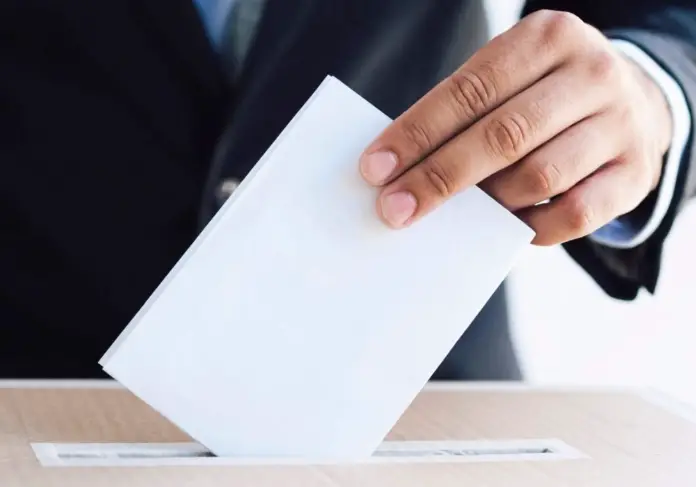Right after World War II, though the British did leave this continent for good, they left a mess for the people of the newly founded nations to collect. Oftentimes, while trying to rationalise their colonial past, many of its fervent advocates claim that one of the greatest things that colonised countries inherited, which they would not have otherwise, was the idea of democracy: A new system of governance. A facile narrative to cover their smelly past, but also a false one.
Like many other nation-states, Pakistan also adopted democracy at the time of its inception, taking its cue from the then supposed leaders of the world. It hoped that by doing so, it too would reap the benefits that democracy promised to bring along – equality, freedoms, free-market economy and stability. However, many of these states descended into martial laws under despotic rules or turned rogue. Pakistan’s own fate was no different.
Perhaps, there are inherent flaws that everybody tends to overlook because of the way it was delivered to us and by whom – our old masters giving us the parting gift. But why is it that, to date, the same system working with far greater efficiency in the West fails miserably in developing nations?
Free market is a preeminent feature of democracy and in theory, it was supposed to be the lodestone towards freer and more egalitarian societies. But all it accomplished in reality was a further chasm in inequality and degeneration into pure consumer capitalism. This marvel made it so that power would concentrate in the hands of the affluent, making it essential for the politicians to remain in their thrall if not from within them. This notion is precisely misleading when looking at western societies. The idea of social-welfarism – which began in the early 1900s only – bridged this gap to an ‘acceptable’ degree both in terms of social and economic equality. But can this ever be achieved in countries like Pakistan or India: Reeking of moral corruption, notoriously venal, elections manifestos premised upon intolerant suppositions, bedevilled histories and above all, rugged with indigence?
The system is premised upon the idea that one head would count one vote. Although the notion theoretically solves the basic inequality problem, it generates far greater inequalities. This perspective is not supposedly a new idea and was also put forth by B.R. Ambedkar at the time when he was penning the Indian constitution. The idea of an English democracy did not particularly resonate well with another leader of the Indian freedom movement: Mahatma Gandhi. One might inquire the reason why these leaders were so sceptical of democracy. The answer can be found precisely in today’s time. Even a fleeting look at the Modi regime could call a day of reckoning for all purveyors of democracy: de facto martial law in Kashmir, systemic persecution (as witnessed in Gujrat) and discrimination against ethnic minorities, populism at its peak, leading India into regressivism – and all this being done by the ‘democratic power’ vested in Modi by the ‘largest democracy’ in the world. Maybe such foresight left some of the leaders of the Indian Independence Movement disenchanted with democratic prospects, fearing that such a system would spawn the same problems that they sought independence to curb.
Pakistan, billed as the single Muslim nuclear power has always had to maintain an international image. The problem with the image is that it is examined on western ideals of which democracy stands to be the single biggest factor, irrespective of how nominal it is. This ensures aid, loans, and all sorts of international support for said country. If such a scene is set, how can really a country decide what system serves its people best? It is as if countries are being goaded into something simply because they cannot yet afford a dignified existence for its people. It is not to whinge that democracy is rooted in every problem or to anoint it with a gilded halo as saviour of nations. The point in matter is to maybe think beyond for more egalitarian and just systems of governance. To not only aim at democracy as a metric to be reasoned among civilised nations. To make it in essence, once again, the society of Lycurgus, the society of Plato, the society of Marcus Aurelias which could push beyond what they could see. These rusty gateways of discourse, which would require some pushing, need to be opened. Maybe democracy works, maybe it does not – but the answer in the end lies with the people.






